Throughout the history of Vietnam, Thang Long - Hanoi has always had an important position, therefore, the state of each period has always paid attention to the management of this urban area because the development of Thang Long - Hanoi has a great influence on all aspects of life of the whole country.

The management of Thang Long - Hanoi is demonstrated by the establishment of an administrative apparatus, by the "decentralization" between the local government and the central government located here, by a system of policies and solutions on politics , society, economy, culture, education, etc., in which the appointment of the head of the government of this administrative unit is a very important step. The capacity, qualities and specific activities of the head have a great impact on the stability and development not only of the locality, but also of the country.
That is the reason why Associate Professor, Dr. Bui Xuan Dinh has taken great pains to study Thang Long - Hanoi from the perspective of the heads of government agencies. This is a "strange" and new approach compared to previous research works on Thang Long - Hanoi.
At the book launch “The leader of Thang Long - Hanoi in history” on February 26 in Hanoi, the author shared: “Researching the selection of the leader of Thang Long - Hanoi through the periods not only helps us understand the management style of a large city, playing the role of the capital of the country for more than a thousand years of history, but also draws lessons from the past for the current management of Hanoi capital, especially the formation of the apparatus and management mechanism, training and use of cadres (including the leader), contributing to the cause of building a modern, rich and civilized capital, preserving and promoting the cultural identity of Thang Long - Hanoi”.

With more than 630 pages, “The leaders of Thang Long - Hanoi in history” is an elaborate work, detailing from the organization of the administrative apparatus to the role of the leaders of Thang Long - Hanoi through historical periods, from feudal to modern times. The book is divided into two main parts: “The leaders of Thang Long - Hanoi in feudal dynasties” and “The leaders of Hanoi in modern and contemporary times”.
In the first part, the author delves into the leaders of Thang Long - Hanoi throughout the feudal dynasties, starting from Thang Long during the Ly and Tran dynasties, to the Nguyen dynasty when Hanoi witnessed major changes from the feudal government model to an administrative system with elements of modernization.

The second part of the book continues the historical flow, focusing on the leaders of Hanoi starting from the French colonial period when the colonial government applied colonial exploitation policies and implemented urbanization, to the period from the August Revolution in 1945 with the transition from colonial regime to revolutionary government, and ending by noting the changes in Hanoi's leadership apparatus from the restoration of peace in 1954 until now.
In addition, the book's "Appendix" provides additional information on references, including books, articles, archival documents and fieldwork materials, and explains terms related to state institutions and administrative apparatus through each period.
The book "The leader of Thang Long - Hanoi in history" is jointly published by Social Sciences Publishing House and Tri Thuc Tre Books.
Associate Professor, Dr. Bui Xuan Dinh graduated from the Faculty of History, Hanoi University of Science. He has conducted in-depth research on villages and Hanoi with many published works, such as: "Village rules and regulations", "Village regulations and management", "Traditional craft villages of Thanh Oai district, tradition and change", "Encyclopedia of traditional Vietnamese villages", "The villages of scholars in Thang Long - Hanoi", "Education and Confucian examinations in Thang Long - Hanoi", etc.
Source: https://hanoimoi.vn/nguoi-dung-dau-thang-long-ha-noi-trong-lich-su-694319.html










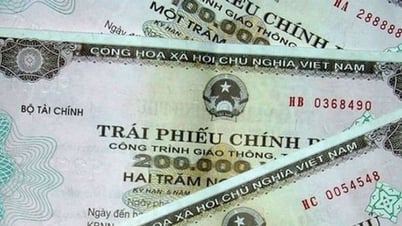



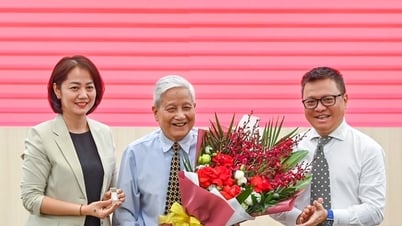






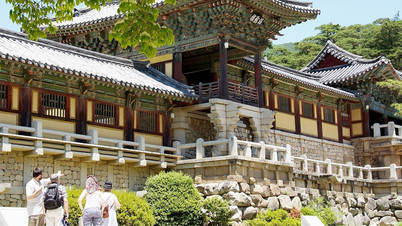
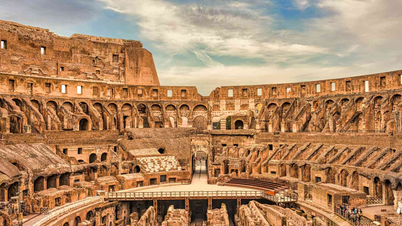














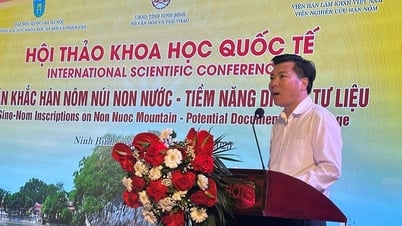






















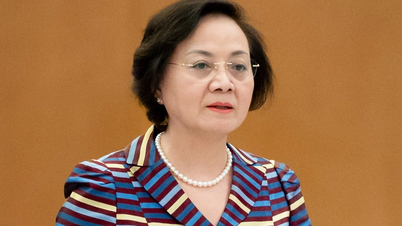

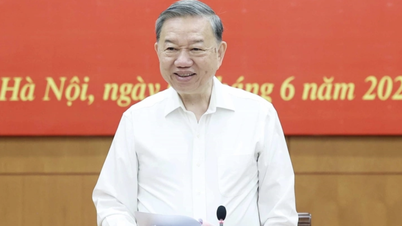











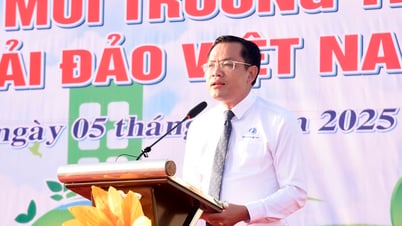
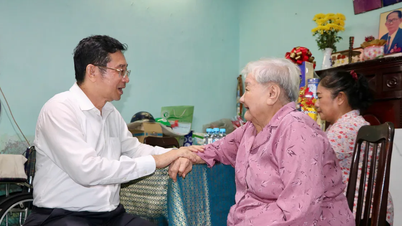

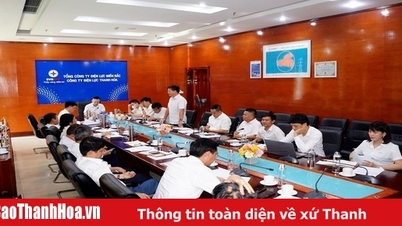
















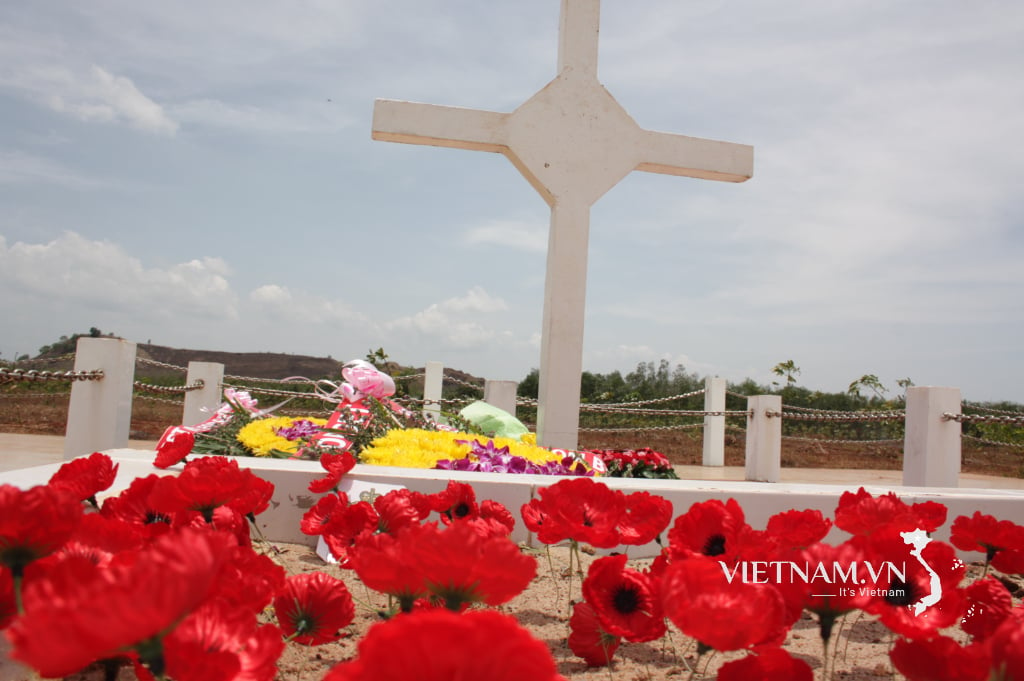

Comment (0)